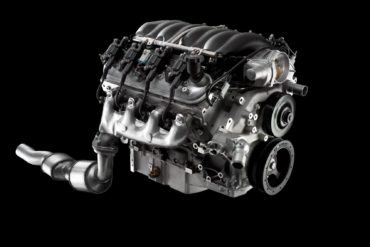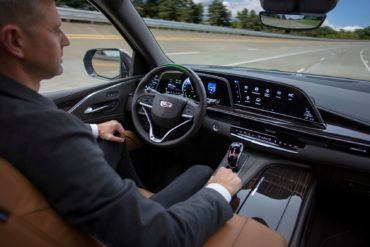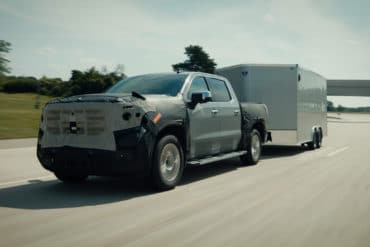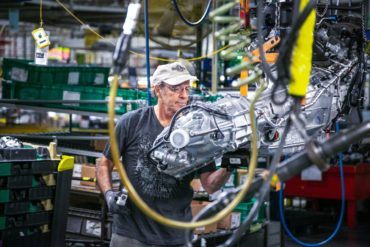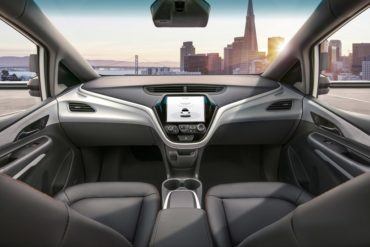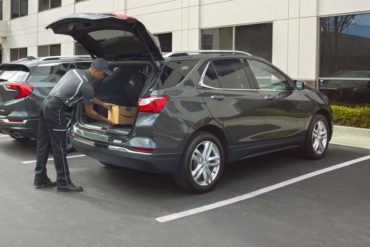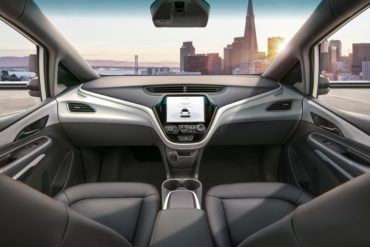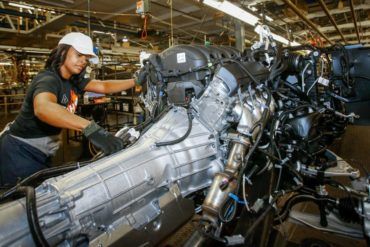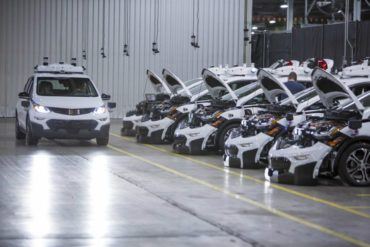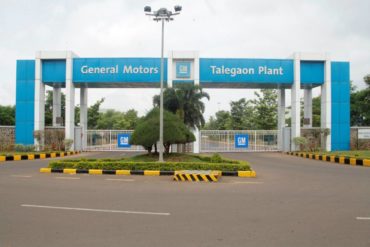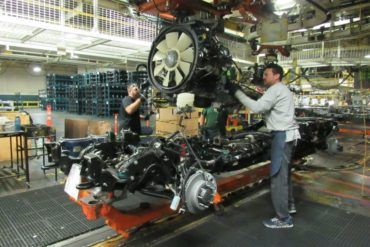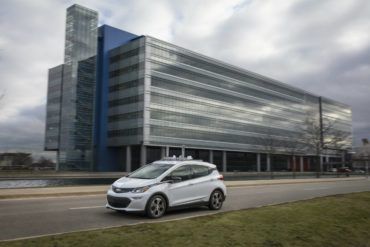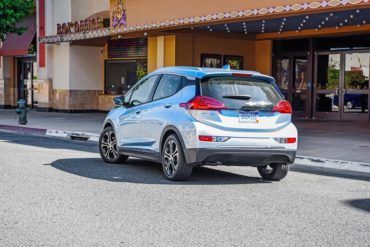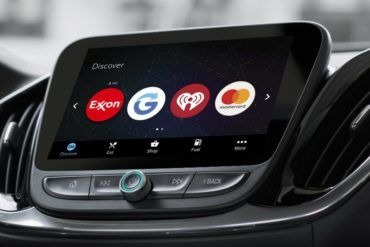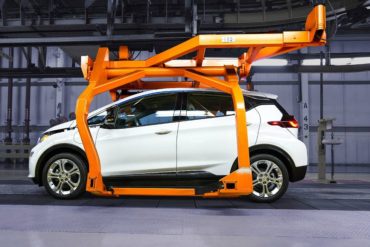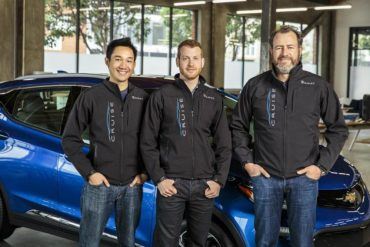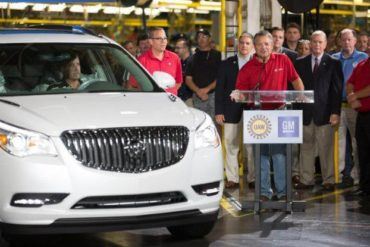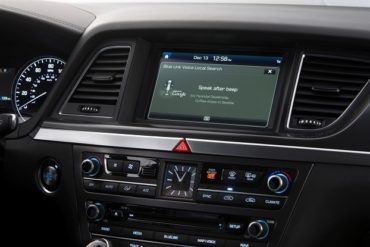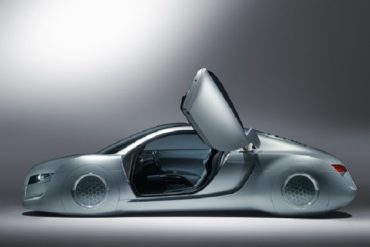The recently-announced Chevrolet Performance ZZ632 Crate Engine is officially the biggest and baddest. There has never been a Chevy crate...
General Motors

Headquartered in Detroit, Michigan, General Motors consists of Chevrolet, Buick, GMC, Cadillac, Holden, Baojun, and Wuling. The automaker has a robust EV and autonomous vehicle strategy for the future, and has continually reaffirmed their commitment to sustainable manufacturing.
Across 14 recent new vehicle launches, GM trimmed an average of 357 lbs. per vehicle, saving 35 million gallons of gasoline and avoiding 312,000 metric tons of CO2 emissions per year.

General Motors has announced a new driver-assist system called Ultra Cruise. According to GM, the system is designed to enable...
This article originally appeared on AutoVision News. It has been republished with permission. General Motors will debut new Super Cruise...
Cruise and General Motors have announced a long-term strategic relationship with Microsoft to accelerate the commercial development of autonomous vehicles....
More information on the design of the face mask can be found through the Michigan Manufacturers Association. You can also...
DETROIT – As the COVID-19 pandemic spread across the country, it created a critical shortage of face masks. To help protect...
DETROIT – General Motors Co. (NYSE: GM) confirmed it will begin a systematic and orderly suspension of manufacturing operations in...
General Motors Customer Care and Aftersales recently broke ground on a new ACDelco and Genuine GM Parts processing center in Burton,...
General Motors and Honda have announced an agreement meant to bolster the all-electric vehicle portfolios of both companies. Engineers will be...
The SoftBank Vision Fund will invest $2.25 billion in GM Cruise Holdings LLC, a move aimed at strengthening the company’s plans...
Amazon Key is now available nationwide to some seven million owners of eligible Chevrolet, Buick, GMC, and Cadillac vehicles. Amazon Key...
General Motors has announced a $100 million investment to upgrade two manufacturing facilities in Michigan, a move that strengthens the...
General Motors has filed a Safety Petition with the Department of Transportation for its fourth-generation self-driving Cruise AV. The petition...
The final phase of a 360,000-square-foot expansion of the GM Design studios is underway at GM’s Global Technical Center in...
General Motors continues to invest in their American facilities, committing to a new supplier park at the Arlington Assembly Plant...
General Motors recently announced the completed production of 130 self-driving Chevrolet Bolt EV test vehicles. The fleet is equipped with GM’s latest autonomous...
General Motors has announced “key restructuring actions” for its international business to increase overall financial health. The move comes as...
Moraine, Ohio is a small, Midwestern community. As of the 2010 census, the population was just over 6,000 residents. The...
Maven is General Motors’ personal mobility brand. Essentially, it’s the answer to outfits like Zipcar and car2go that the General set...
General Motors will begin testing autonomous vehicles on public roads in Michigan beginning immediately. Recently, Michigan’s Governor, Rick Snyder, signed...
With driverless cars on the horizon, SAE International and General Motors have partnered as sponsors for AutoDrive Challenge. The program, from...
Watson and OnStar aim to improve your…I was going to say driving, but this has nothing to do with actual...
General Motors’ Orion Assembly is one of the top ten green power generators in the United States, according to the...
Autonomous driving objectives continue for many of the world’s automakers and General Motors has taken another step towards that end. GM...
The Lansing Delta Township Assembly Plant has manufactured the Saturn Outlook, Chevrolet Traverse, GMC Acadia, Acadia Denali, and Buick Enclave....
Marketers often dream up “personas” for hypothetical clients; case studies of notional customers they believe represent idealized market segments. “Mary...
Only a few months ago, the focus devoted to the auto industry has been strong results from 2013 and...
Despite all the integration of technology and high-tech navigation systems, automobiles themselves have only begun to etch the surface of...
Almost 60 years since General Motors publicized their vision of self-driving vehicles at the 1956 Motorama, the pipe dream of...
Badass cars have been a big part of the Transformers movie appeal since it was announced that the (new at...

